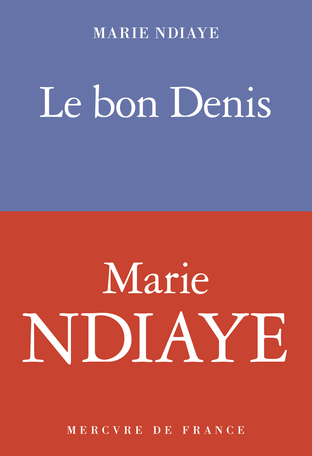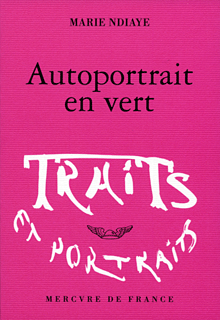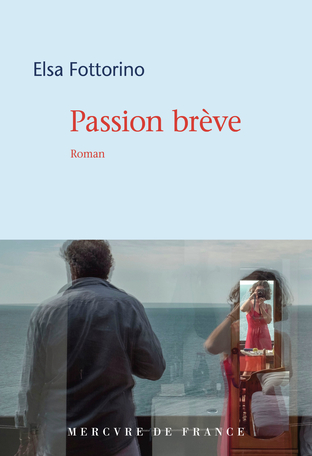Le bon Denis
Il semblait, lui, aussi, ce Denis, pareil aux petites feuilles du lilas, se consumer sans brûler.
Il s’écarta brusquement, tournant le dos au père, puis il prit la main de la fille dans un geste d’une telle tendresse qu’elle s’en trouva presque déconcertée.
Ils revinrent vers l’hôtel, leurs pas unis, sans un coup d’œil derrière eux.
Il ne veut pas nous reconnaître, il ne veut pas de nous le pauvre homme, nous sommes libres ! chuchota le garçon avec joie.
Il sembla à la fille qu’une joie de même nature exactement la grisait en toute lucidité.
Libres, enfin libres ! répétait Denis en riant. »
- Traits et portraits
- Paru le 03/04/2025
- Genre : Littérature française
- 136 pages - 140 x 205 mm
- EAN : 9782715266223
- ISBN : 9782715266223
Foreign Rights
Denis the Good
Rights sold
USA, Germany, Greece, Brazil
Presentation
Through this novelistic self-portrait, Marie-Ndiaye offers four variations on a key event in her biography: the sudden departure of her Senegalese father after her birth in France.
First, a woman named Marie who is standing by her memory-impaired mother in a retirement home. It’s dealing with a man, “Denis the good”, who would have taken care of the little Marie after her father’s departure. Marie is trying to know who he was. But the true gives out: what remains is a fantastic story and the conversation between the two women…
Then we see two completely different landscapes and people growing up together: a young woman born in Beauce and a young man born in Dakar: Marie Ndiaye’s parents.
The third part, close to an interior monologue, evokes the real reasons for the father’s departure. The man his daughter dreamed of as a hero left France because he felt rejected, particularly by his in-laws...
Finally, in the fourth movement, the 18-year-old narrator has an appointment in a luxurious Los Angeles hotel with an unknown father whom she believes to be the hotel manager: her head is full of images of success. But this father is not the one she had imagined…
Le bon Denis is a spellbinding book. It reveals a childlike, mischievous and surprising Marie NDiaye. On every page, we recognize her face, her smile, her shyness tinged with insolence and gentleness. And freedom too. A great book that reveals the mystery and strength of phrase of one of today’s most talented writers.
Marie Ndiaye is the author of some twenty novels, short stories and plays, translated into several languages. She won the Femina Prize in 2001 for Rosie Carpe, and the Goncourt Prize in 2009 for Trois femmes puissantes. With Mercure de France, she published Autoportrait en vert (2005), translated into English (Two Lines Press/USA, Influx Press/UK) and German (Arche).
If you are interested in publishing one of our books or wish to receive further information, you can contact our International Department:
Geneviève Lebrun-Taugourdeau: +33 (0) 155 426 195
genevieve.lebrun-taugourdeau@mercure.fr






